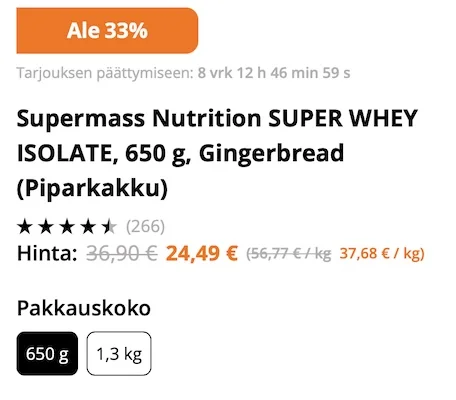Tässä yksi tutkimus aiheesta:
Title: Acute and moderate-term creatine monohydrate supplementation does not affect creatine transporter mRNA or protein content in either young or elderly humans.
Researchers: Tarnopolsky M, Parise G, Fu MH, Brose A, Parshad A, Speer O, Wallimann T.
Institution: Department of Medicine (Neurology and Rehabilitation), McMaster University, Hamilton, ON, Canada.
Source: Molecular and Cellular Biochemistry 2003 Feb;244(1-2):159-66.
Summary: Animal studies have shown that supra-physiological creatine monohydrate supplementation for 3 months reduced skeletal muscle creatine transporter (CRT) content. The doses of Creatine (1-2 g/kg/day) used in these studies were between 5 and 10 times those usually used in human studies, and it is unclear whether a down-regulation of CRT would occur in humans at the recommended doses of 0.1-0.2 g/kg/day.
Methods: CRT, and citrate synthase (CS) protein content were measured using Western blotting before and after 2 months of Creatine supplementation and weight training in young men using 0.125 g/kg/day. CRT and CS were also measured before and after 4 months of Creatine supplementation and weight training in elderly (> 65 years) men and women using 0.075 g/kg/day. Finally, CRT mRNA was measured using competitive RT-PCR before and after 8-9 days of Creatine loading in young men and women using 0.18 g/kg/day.
Results: Total creatine content was significantly elevated after the Creatine supplementation period as compared to placebo in each of the studies. Neither Creatine supplementation, nor exercise training resulted in measurable alterations in CRT protein content and acute Creatine loading did not alter CRT mRNA. There were no gender differences in CRT mRNA or total creatine content in the young subjects and no gender differences in total creatine content or CRT protein content in the elderly subjects. Weight training in young men did not increase CS protein content, however, in the elderly there was a significant increase in CS protein content after exercise training.
Conclusion: These results demonstrated that Creatine monohydrate supplementation during weight training resulted in increases in skeletal muscle total creatine without reductions in Creatine Transporter protein and acute Creatine loading did not decrease Creatine Transporter mRNA content.
Discussion: Nearly five years ago I reported on research showing that creatine transporters can down-regulate in response to creatine supplementation. (1) In this previous study animals were given very high levels of creatine monohydrate in the diet, much higher than we might use to supplement with. After 3-6 months of this high creatine intake, creatine transporter proteins were significantly decreased in muscle tissue. Since then a number of other studies have followed to augment our understanding of the creatine transporter (2,3,4,5).
Now, as the study we are presently discussing mentions, these and other similar studies used between 5 and 10 times the amount used in human studies. But none of these studies has provided clear evidence as to the down regulation of creatine transporters after creatine supplementation in humans. So in order to clarify the impact of normal creatine supplementation on creatine transporters in humans, this study was warranted.
In the present study, they used three different creatine regimens, young men using 0.125 g/kg/day and weight training for 2 months; elderly (> 65 years) men and women using 0.075 g/kg/day and weight training for 4 months; and finally, young men and women using 0.18 g/kg/day loading for 8-9 days. Each of these three regimens resulted in increased muscle creatine levels. However, none of them resulted in a decrease in creatine transporter proteins, even after 4 months of daily supplementation.
This is good news for those of us who have enjoyed the benefits of using creatine, but were concerned with the question about cycling it. From the results of this most recent study, there would be no reason to cycle creatine for up to 2-4 months.
Lähde:
http://www.hypertrophy-specific.com/HSreport/iss08/index.html#art_2




